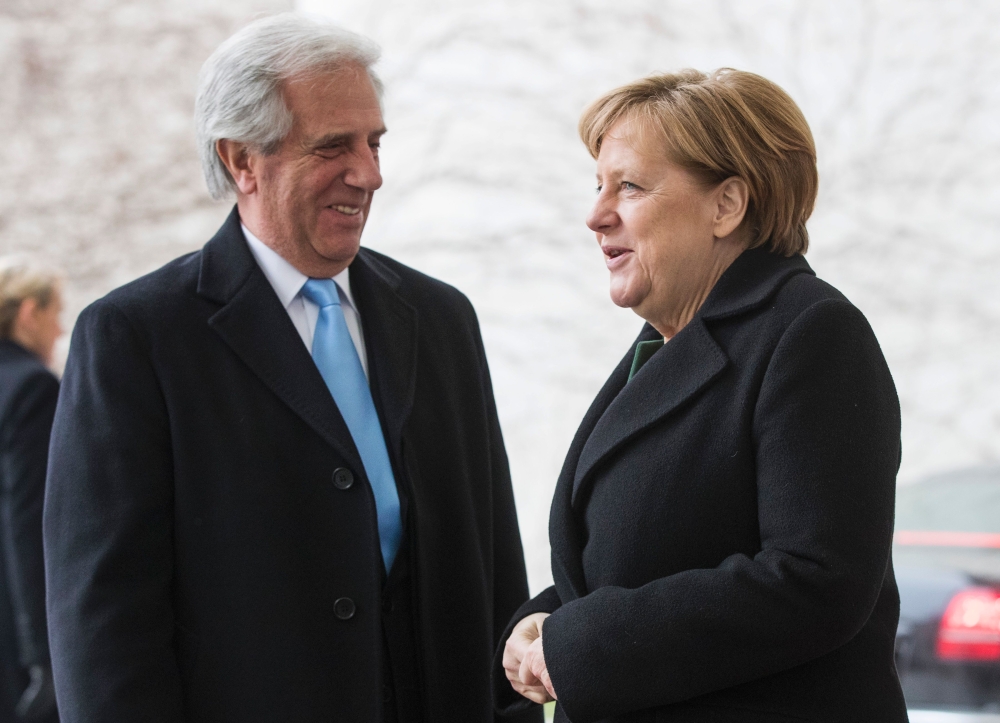
Berlin: Germany posted a record trade surplus in 2016, which may further fuel accusations by the Trump administration that Europe’s largest economy is exploiting a "grossly undervalued” euro.
Exports climbed 1.2 percent last year to 1.2 trillion euros ($1.3 trillion), the Federal Statistics Office in Wiesbaden reported on Thursday, while imports rose 0.6 percent to 954.6 billion euros. That left Germany’s trade surplus at 253 billion euros in 2016.
The report feeds into a debate kicked off late last month by Peter Navarro, the head of the White House National Trade Council, who told the Financial Times that Germany is gaining an unfair advantage over the U.S. and other nations with a weak currency. European Central Bank President Mario Draghi, Chancellor Angela Merkel and Finance Minister Wolfgang Schaeuble all rejected the claim that came on the back of President Donald Trump’s promises of renegotiating or tearing up free-trade treaties.
"The fact that the German economy is exporting much more than it imports is a source of concern and no reason to be proud” because weak imports are the result of a lack of investment, Marcel Fratzscher, head of the DIW economic institute in Berlin, said in an e-mailed statement. "The record surplus will continue to fuel conflict with the U.S. and within the European Union.”
Exports fell 3.3 in December from the previous month, the report said, while imports were unchanged. The country’s current-account surplus reached 266 billion euros in 2016.